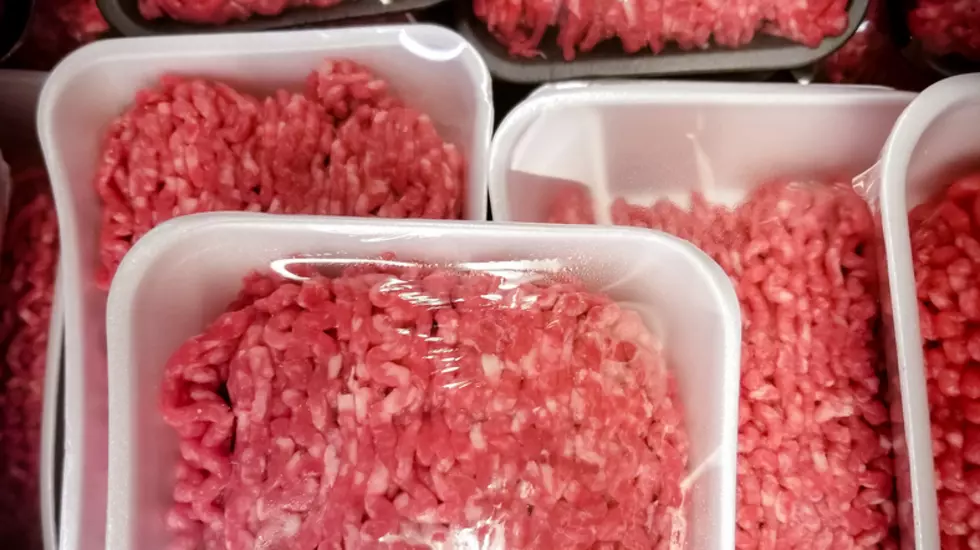
Friday Fun Facts About Organic Food
We all try to eat healthy. There have been a lot of news stories in recent months regarding Genetically Modified Foods (GMO’s) and proper food labeling. Here are some facts about the good and bad of healthy eating.
Fun Fact About Organic Food
- How do you know if your produce is organic? Look at the PLU (price look up) code. Code #4011 is the code for a banana. If the code starts with a #9 such as #94011 then that banana is organic. An #8 would indicate a generically engineered banana.
- Organic foods can be treated with pesticides as long as they are not synthetic. No chemical fertilizers, irradiation, industrial solvents or any chemical food additive can be used and still be classified as organic.
- Many people use organic foods to protect the environment. But when organic foods travel long distances to market the pollution produced will probably offset any environmental benefit. Buying food that you know was produced locally, such as a farmer’s market, will help offset those food miles.
- Research shows that there is little difference between organic and conventional food in nutrition, allergic reactions or bacteria. Studies also show that there is no significant taste difference between organic and conventional foods. There may be a psychological impression organic tastes better.
- The highest levels of pesticides in conventional foods are found in, apples, celery, sweet bell peppers, peaches, strawberries, imported nectarines, grapes, spinach, lettuce, cucumbers, domestic blueberries, potatoes, green beans, and kale. Washing may remove some of these but some are absorbed into the skin. Peeling could help but you may lose important nutrients.
- You’ll find the lowest levels of pesticides in conventionally grown onions, sweet corn, pineapples, avocado, cabbage, sweet peas, asparagus, mangos, eggplant, kiwi, domestic cantaloupe, sweet potatoes, grapefruit, watermelon and mushrooms.
- Pesticide residue was found in 7% of organic produce versus 38% in conventional produce.
- A study by the American Academy of Pediatrics found no direct evidence that eating a strictly organic diet either improved health or provided a lower risk of disease.
- Growers can be fined up to $11,000 for each offense of mislabeling foods as organic that do not comply with National Organic Program regulations.
- That apple a day that keeps the doctor away may have been sprayed as many as 16 times with over 30 different chemicals.
- Organic milk requires 80% more land to produce a quart of milk compared to conventional milk. Twenty percent more climate change potential, 60% more nutrients into water sources, and a 70% higher contribution to acid rain. Organic milk is the fastest growing sector in the beverage market.
- Two and a half more potatoes are produced, per acre, on conventionally farmed land than an organic farm.
Some Final Thoughts
Eating a healthy diet is important to good overall health. Eating organic food will increase your food budget and the tradeoff may or may not be worth it across the board. Pediatricians recommend a healthy balanced diet for children in their growing years and that might not always be possible if adhering to a 100% organic lifestyle.
Since organic farms use manure as their principle fertilizer higher levels of E. coli was found in organic foods (10%) than the 2 percent from conventional farms. Whether you use organic foods or conventional foods, using good hygiene and a clean food preparation area will go a long way to a healthy life whatever you eat.
More From KMMS-KPRK 1450 AM









